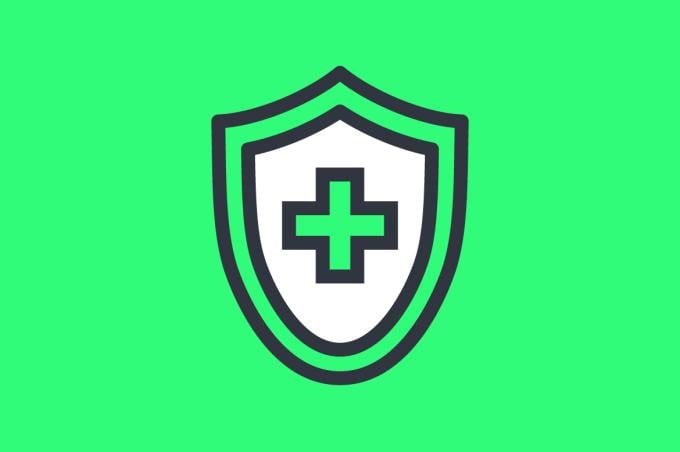It's been more than four years since the first outbreak of COVID-19 hit the United States, but Sandra Fryhofer, MD, the AMA’s liaison to the Centers for Disease Control and Prevention (CDC) Advisory Committee on Immunization Practices (ACIP), has a message she wants all physicians to share with their patients: COVID-19 still exists.
“CDC surveys say less than 50% of people who get sick are testing themselves for COVID," said Dr. Fryhofer, who also is an internist and a member of ACIP’s COVID-19 Vaccine Workgroup. “We're all sick and tired of COVID, but the virus is still here. It's still circulating.”
There are about 20,000 new hospital admissions and 2,000 deaths every week related to COVID-19, according to Dr. Fryhofer. That is why there are new recommendations for COVID-19 vaccines as well as isolation guidelines when sick.
Dr. Fryhofer discussed the key takeaways from those recommendations in a recent episode of “AMA Update.”
Older adults need an extra dose
The updated COVID-19 vaccine became available in September 2023 and continues to be effective against JN. 1, the most dominant variant since January. Despite its effectiveness, more than half of people 65 or older have not received the updated COVID-19 vaccine.
This is alarming because most hospitalizations and deaths due to COVID-19 are in people who are 65 or older. Meanwhile, the highest COVID-19 mortality rates belong to people 75 or older.
“Our immune systems don't work as well as we get older," Dr. Fryhofer said. "And immunity wanes more quickly in older age groups. This means more frequent vaccine doses are needed to maintain protection in this older population.”
The new recommendations state that all adults 65 or older should get the added dose of the vaccine. But there is a required four-month interval between patients receiving the first dose of the vaccine and the updated vaccine.
Dr. Fryhofer explained that using the word "should" was debated, but ultimately it was chosen to stress the importance that this population stay current on vaccinations.
“This stronger language is crystal clear and demonstrates ACIP's confidence in the importance of an additional dose of the vaccine in keeping our most vulnerable Americans protected,” she said.
The hope, Dr. Fryhofer said, is that physicians can help all patients—particularly the older population—understand the importance and effectiveness of the updated vaccine.
“That's where physicians can really make a difference,” she said. “Adults who are vaccinated—or definitely plan to get vaccinated—were more likely to report a health care provider recommended they get a COVID vaccine. This highlights the importance of physician recommendation."
Visit the AMA COVID-19 resource center for physicians for clinical information, guides and resources, and updates on advocacy and medical ethics.
Isolation guidelines have relaxed
The recommendation that received the most media attention is that individuals who test positive for COVID-19 no longer must isolate for five days.
With this new guidance, people who test positive for COVID-19 should stay home while sick, Dr. Fryhofer said. “But you can return to work when you're feeling better and fever-free for 24 hours without taking fever-lowering medications.”
She did recommend that if patients do test positive, they should wear a mask for the five days that follow and try to physically distance themselves from other people, particularly those who are considered high-risk individuals, such as people with weakened immune systems or adults 65 or older.
Dr. Fryhofer acknowledged people are tired of masks, testing and thinking about COVID-19. But vaccine fatigue, as she described it, is a concern physicians need to address. That starts by encouraging patients to get the updated vaccine, she said.
“Our patients listen to us—they trust us,” Dr. Fryhofer said. The new recommendations are “meant to inform, not offend. COVID is here. It has not gone away. People are still being hospitalized. People are still dying from COVID.”
“AMA Update” is your source for physician-focused news. Hear from physicians and other experts on trending public health concerns, practice issues and more—because who’s doing the talking matters. Catch every episode by subscribing to the AMA’s YouTube channel or listen to all AMA podcasts at ama-assn.org/podcasts.




